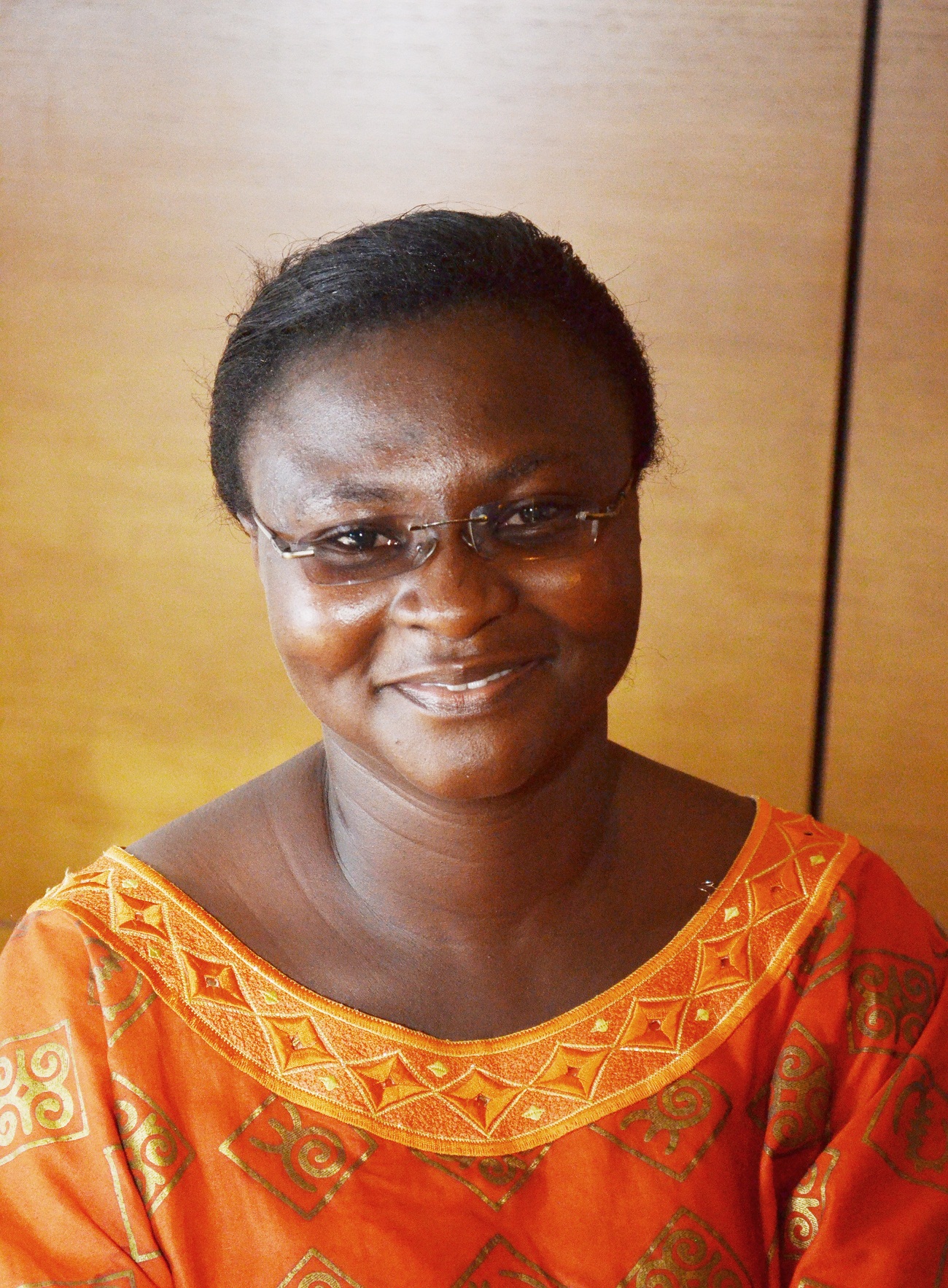Australia Awardee says Ghana’s HIV challenge requires a collaborative health services approach
Enhancing the capacity of Ghana’s health providers by integrating HIV/AIDS and chronic disease care, is the way forward to tackle the HIV epidemic in the country, according to Australia Awards Scholar and Pharmacist, Pharm Josephine Osarfo.
A 2014 Australia Awards recipient of a scholarship to study a Master of International Public Health at the University of Sydney, Pharm Osarfo said her studies in Australia, as well as attending the AIDS 2014 conference in Melbourne, had enlightened her on the need to encourage the adoption of a inter-sectoral, collaborative healthcare approach on her return to Ghana.
“My Australia Award will change my approach to addressing challenges associated with quality health care delivery. Since I began my studies in March this year, I have been equipped with the knowledge and skill set to improve political commitment by all levels of government in responding to these challenges via an inter-sectoral collaborative effort.
“These approaches include considering the social determinants of health in responding to public health issues such as HIV/AIDS, and ensuring the integration of public health services that treat communicable and non-communicable diseases in order to aid the effective use of the limited financial support currently available in Ghana to treat HIV/AIDS.”
As a hospital pharmacist, Pharm Osarfo said she would continue to focus on the quality of life of HIV-positive patients by assisting to prevent and control their risk of contracting other diseases such as Tuberculosis, Hepatitis B, Hypertension and Diabetes.
“I will dedicate 50 per cent of my role towards this focus as I work to build the capacity of primary health care providers in this regard. I anticipate much of my role going forward as a district facility trainer of trainee with a focus on integrated services in HIV/AIDS care,” she said.
Pharm Osarfo said before she left Ghana to embark on her studies in Australia, she had implemented an approach to involve the traditional and spiritual healers in the Birim Central Municipal of the Eastern region of Ghana, as stakeholders in the HIV/AIDS care and support services with great success. “This approach yielded a greater number of HIV-positive patients who went down the traditional path of healing to be encouraged to address their illness through the public health services,” she said.
On her return, she said she would like to emulate the success of this strategy by encouraging political commitment through leadership and governance coaching in order to strengthen Ghana’s health system in responding to HIV/AIDS. She will also involve civil society and HIV-positive patients to augment the limited number of staff available to address the integrated service approach towards HIV/AIDS care and support.
With approximately 24.7 million people in sub-Saharan Africa living with HIV, the Australian Government’s commitment to fighting the spread of HIV/AIDS on the continent, and reducing the stigma associated with it, is underlined by its investment in Australia Awards Scholarships and Fellowships.
Australia Awards is training more African health professionals to assist in the prevention and management of HIV/AIDS in their countries through the provision of Masters-level scholarships with a focus on public health.
For more information on how Australia Awards assists in the fight against HIV in Africa, read the press release.
